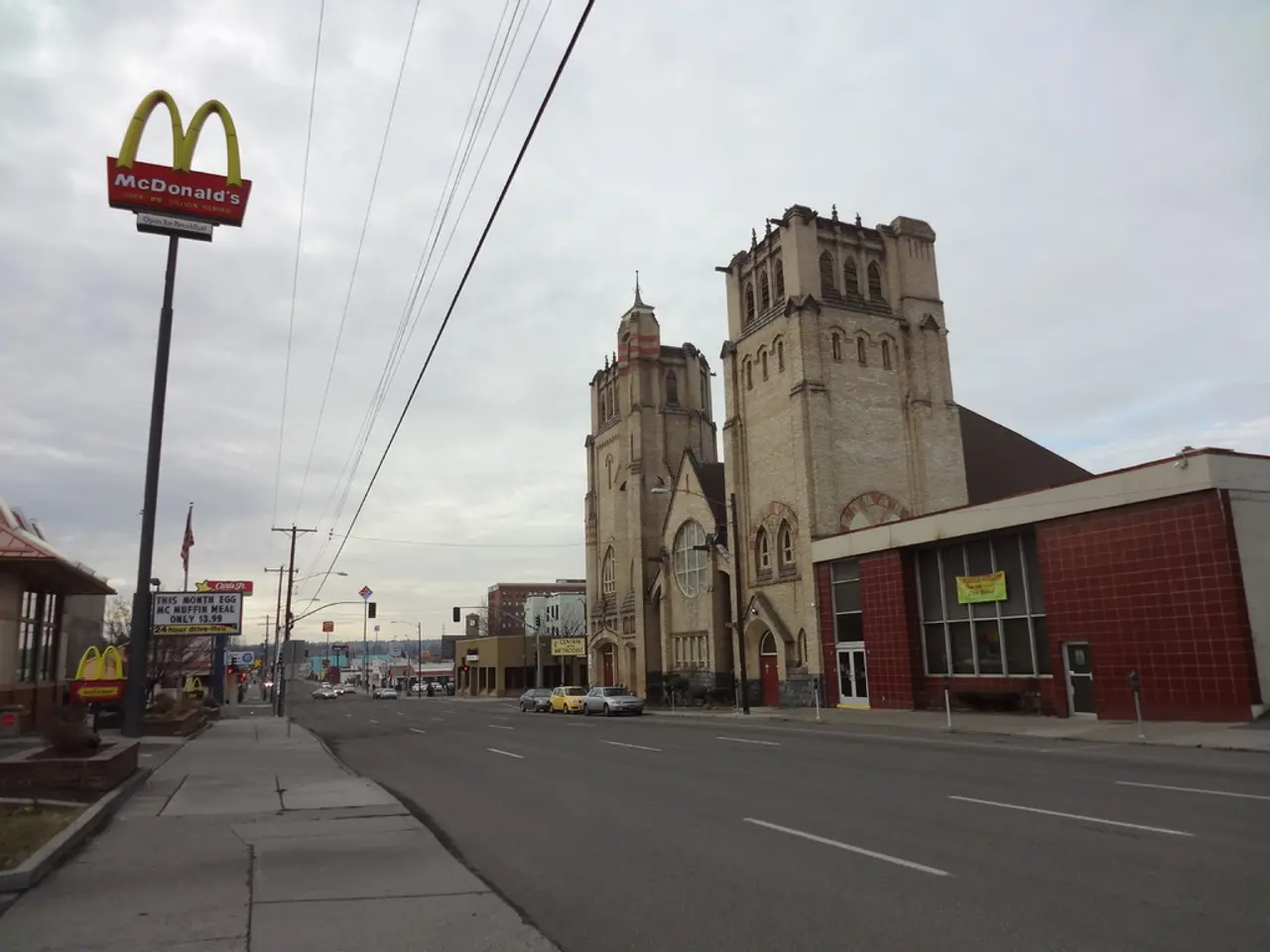Berlin-Hamburg: Designated Successor Accepts Enhancement Proposals - Improvement claimed by alternative traffic operators in the Hamburg-Berlin corridor
The renovation of the rail line between Hamburg and Berlin, set to be completed by the end of April, has resulted in the deployment of extensive bus services and train rerouting to maintain connectivity. However, concerns have arisen regarding missed connections, insufficient stops, and the lack of sanitation facilities on replacement transport.
Michael Bader, head of Ecovista, which operates the replacement buses, spoke about the improvements needed in Wustermark, Brandenburg. He highlighted the start of the replacement traffic as very good, but also acknowledged areas where adjustments could be made to enhance the routine of the replacement traffic.
One of the main issues is the risk of missed connections due to the complex network of bus lines and train reroutes over a 278-kilometer long corridor. The current plans rely on real-time travel information via DB Navigator and apps, but no detailed measures addressing guaranteed connection times or coordination have been publicly outlined.
Another concern is the insufficient stops at key locations, particularly on branch lines and stations such as Neustadt (Dosse) and Wittenberge. Passengers have raised concerns about inadequate local accessibility during the closure, as some stations are served less frequently or not conveniently.
The lack of sanitation facilities on replacement buses has also been a point of contention. Given the length of bus journeys substituting train rides, passengers have reported discomfort and the absence of toilet facilities onboard. No official mention of additional sanitation provisions, such as restroom-equipped buses or station sanitary infrastructure at stops, has been found in the public replacement concept descriptions.
In addition, the overhead lines, switch drives, and magnets for the signals along the route have been turned off, and construction trains will be visible along the route in the coming days, bringing materials to the construction site.
Engaging passenger feedback, increasing bus stop frequency, and equipping buses with toilets would address core passenger concerns that have so far been insufficiently covered in replacement plans. These improvements are vital to maintain passenger comfort and service reliability during the lengthy closure.
The general renovation of the track between Hamburg and Berlin started on Friday evening and affects both cities, with long-distance traffic being rerouted via Uelzen and Stendal during the renovation.
The community policy should include measures to address concerns about missed connections, insufficient stops, and lack of sanitation facilities in the vocational training of public-transit operators, ensuring they can effectively manage replacement transport during infrastructure renovations like the one between Hamburg and Berlin. To bolster the financial viability of such projects, industry collaboration should be sought to fund the purchase of buses equipped with toilets and increase bus stop frequency, ensuring public-transit remains a reliable service during renovations.




